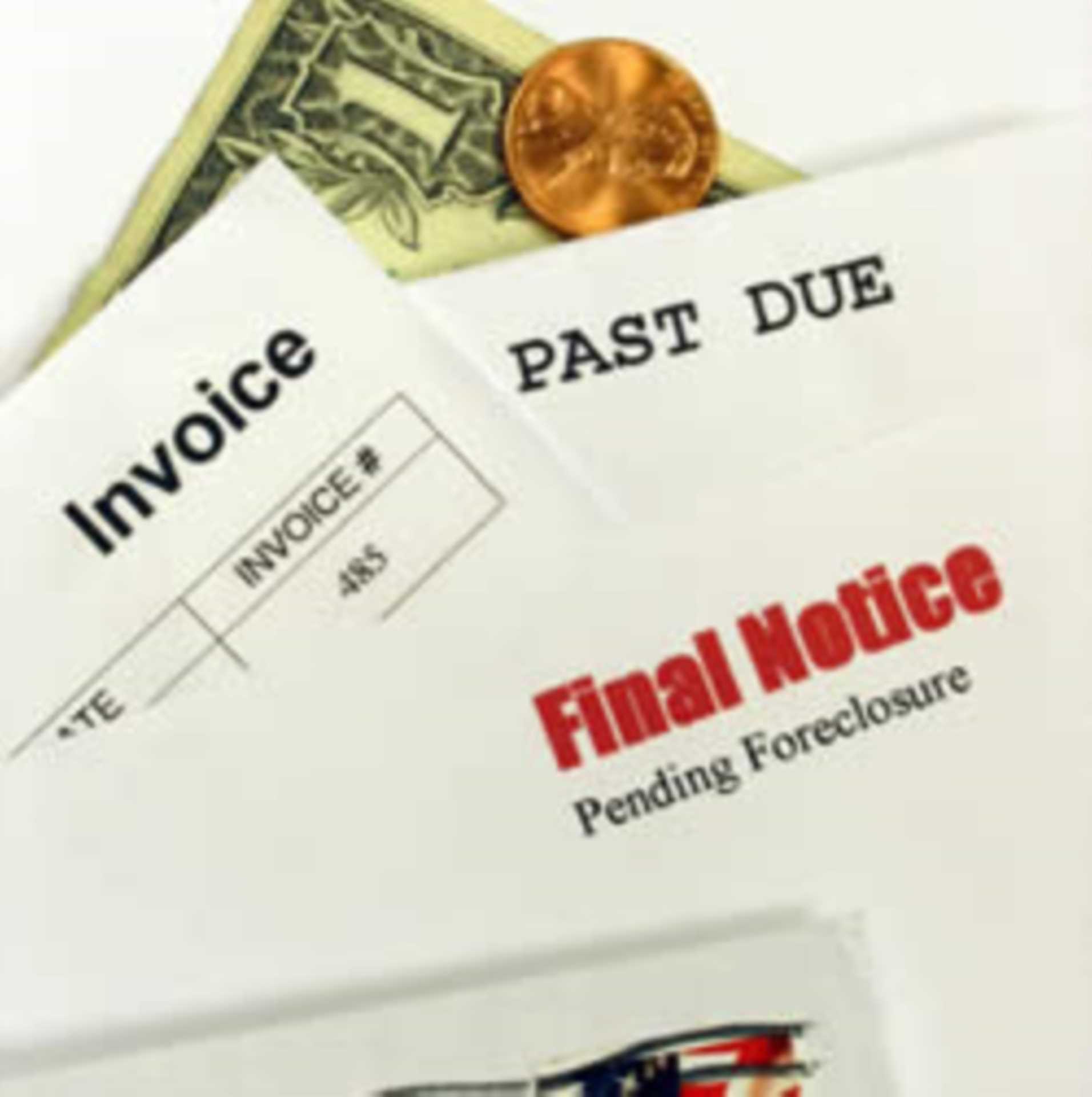
Date Published 31 August 2018
Being a landlord can be rewarding & a great source of income, but it also comes with risks. Before letting your property to tenants, you should be aware of your rights as a landlord.
It's important to vet your tenants before moving them into your property. Any good letting agent will reference any potential tenants to make sure they have good credit & ensure that they're unlikely to default on the rent. It's recommended that your tenants also have a guarantor that you can go to in the unlikely event that they do fall behind with the rent.
Should your rent fall into arrears there are a few steps you can take when it comes to trying to get it.
1. Keep a record of all payments. You should keep a record of all payments that have been made & what dates these were made on.
2. Write to your tenant. If after several days the rent hasn't been paid you should write to tenant with a formal demand for the rent. This should be delivered by first class mail.
3. Write to the guarantor. If after 14 days you still haven't received the outstanding rent, send the tenants guarantor a letter informing them that the tenant hasn't paid the rent. This may push the tenant into action.
4. Take possession of your property. If the tenant has gone a whole month without paying rent & another rent is due, you can now consider your tenants to be 2 months in arrears. You then have the right, under The Housing Act 1988, to claim possession of your property. Serving a section 8 will inform your tenant that you intend to take them to court if they don't pay within a further 14 days.
5. Court action. If your tenant doesn't respond to your demands for rent, you are entitled to take legal action to seek possession of your property. You can also ask the court to make a judgement against your tenant for the arrears of rent & reasonable costs incurred. If you do act and do get a judgement against the tenant, you will have 6 years in which to enforce it.
Hopefully you will never need to follow these steps but it's always a good idea to be aware of your rights as a landlord.
